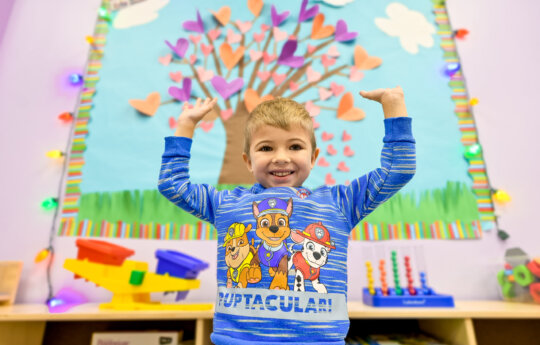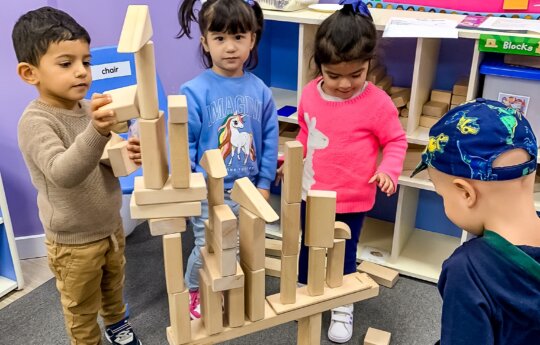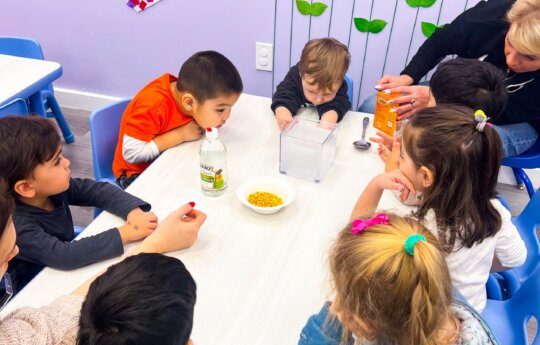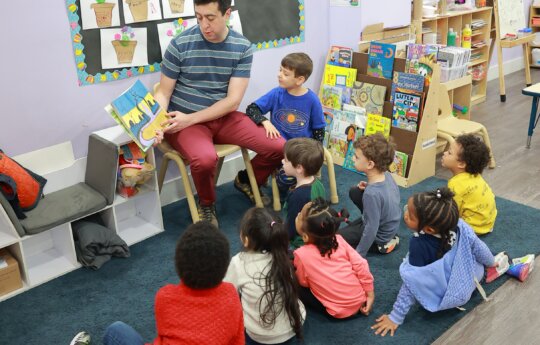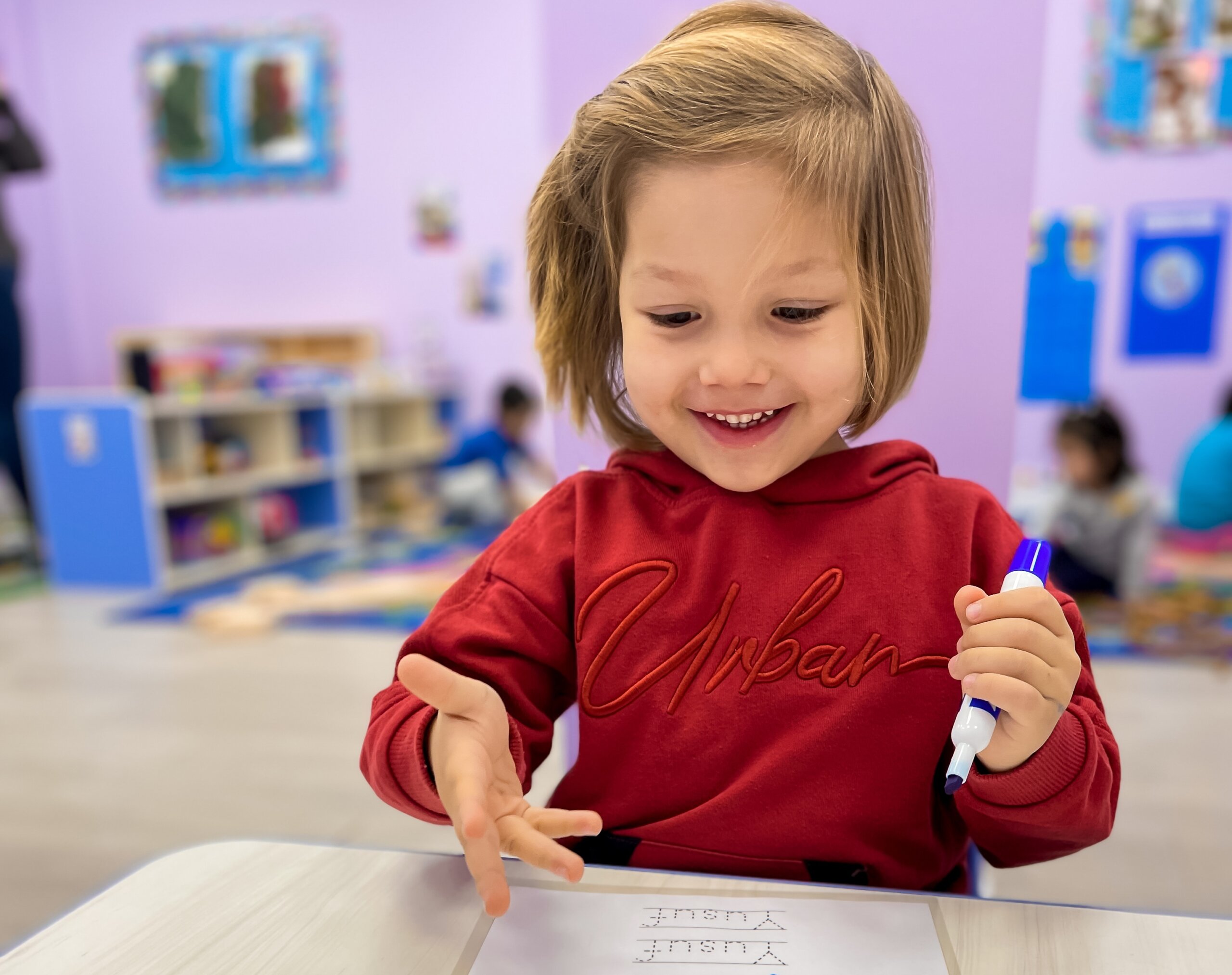
In today’s interconnected world, the ability to communicate in multiple languages is more than a mere asset; it’s a necessity. For young learners, the journey into Bilingual Education Benefits begins with understanding the profound impact it has on their overall development. At Little Scholars, we recognize the immense value of Early Childhood Language Development and are committed to nurturing this in our students.
Why Bilingualism Matters in Early Education
Bilingualism in Early Education isn’t just about learning a second language; it’s about opening a window to diverse cultures and perspectives. Research consistently shows that Advantages of Bilingualism in Children extend beyond mere linguistic abilities. These advantages include enhanced cognitive flexibility, better problem-solving skills, and greater cultural awareness.
The Science Behind Early Age Language Acquisition
The human brain is most receptive to language learning in the early years. This period of Early Childhood Language Development is critical. Young brains are incredibly adaptive, making Early Learners Language Education not just effective but also a natural process. Cognitive Benefits of Bilingualism are well-documented, showing that children who engage in Bilingual Learning for Children often have sharper memory and better multitasking abilities.
Cultivating Early Language Skills: A Path to Success
At Little Scholars, we focus on Cultivating Early Language Skills through immersive and interactive methods. Our approach to Bilingual Education for Kids is rooted in creating a fun and engaging learning environment. By doing so, we foster a love for languages that lasts a lifetime.
The Little Scholars Approach
- Interactive Learning: Utilizing games, songs, and storytelling to make language learning engaging and enjoyable.
- Cultural Immersion: Incorporating cultural elements to provide a holistic language learning experience.
- Personalized Attention: Tailoring our approach to meet the unique needs of each child.
Young Learners Bilingual Skills: Building a Foundation for the Future
The development of Young Learners Bilingual Skills is about setting a foundation for future academic and professional success. In a globalized world, these skills are invaluable. Our programs are designed to equip children with the ability to think and communicate in multiple languages, giving them a significant advantage in their future endeavors.
Beyond Language: The Broader Impacts of Bilingualism
Dual Language Learning Benefits go beyond just linguistic abilities. Children in bilingual programs often exhibit greater empathy and understanding of different cultures. These social and emotional benefits are crucial in developing well-rounded individuals.
Social and Emotional Growth through Language
- Enhanced Empathy: Understanding and communicating in another language fosters a deeper understanding of others.
- Cultural Appreciation: Exposure to different languages brings with it an appreciation of diverse cultures.
- Improved Communication Skills: Bilingual children often have more refined communication skills, even in their native language.
Language Skills for Young Children: A Lifelong Advantage
Investing in Language Skills for Young Children is investing in their future. The cognitive, social, and educational benefits of being bilingual are long-lasting and far-reaching. At Little Scholars, we are dedicated to providing an environment where these skills are nurtured and celebrated.
Conclusion: Your Child’s Future Starts Here
The journey into bilingualism is an exciting and rewarding one. With the Benefits of Being Bilingual, your child is not just learning a language; they are preparing for a successful, interconnected future.
Ready to Join Little Scholars?
Apply now and take the first step towards cultivating a lifelong love of learning in your child.

